Katahdin Salmon execs drawn to clean water, renewable hydropower and community support
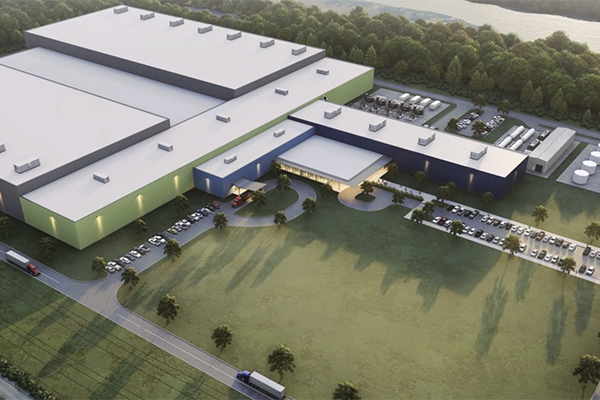
If there’s one land-based salmon farming proposal that’s well positioned to get the green light and start producing fish in Maine, it might be the latest outfit to the scene: Katahdin Salmon.
Headed by CEO and founder Marianne Naess and Erik Heim, both former executives at Nordic Aquafarms, Portland-based Katahdin signed a lease for 45 acres in Millinocket on a landlocked site formerly occupied by the Great Northern Paper mill. The recirculating aquaculture system (RAS) will utilize a combination of well water and lake water on the site, will use 100 percent renewable hydropower and will have a filtration system that dehydrates and sanitizes waste, later selling it as compost, biofuel or bait.
Naess says the facility will produce 5,0000 metric tons (MT) of salmon in its first stage of development and another 5,000 MT in the second phase, creating 80 full-time jobs. The project’s estimated cost is $120 million to $140 million.
“When we decided to start a new company and build a new facility, we looked at what had happened in Belfast, at the industry in general and at feedback from other salmon farms that have been proposed,” Naess said. Nordic Aquafarms’ proposal for a 33,000-ton salmon farm in Belfast has received strong resistance from local residents and is still in litigation.
“We determined that we’d move away from the coast, build a smaller facility compared to a lot of the projects proposed over the last four-to-five years and find a site with infrastructure in place and less risk in terms of construction and permitting.”
She said the renewable energy, abundance of clean, cold water on site and recyclable waste streams will make Katahdin Salmon a good impact investment with a great environmental profile: “We want to do this as responsibly as we can and move that environmental needle in the right direction.”
It’s a town that’s very welcoming of development.
She said the company has received encouraging feedback from the local community in Millinocket and important stakeholder groups.
“Millinocket works hard to attract new businesses that will fit into the community, and they have a good economic development nonprofit that collaborates with companies to develop the town and industry. It’s a town that’s very welcoming of development,” she said.
That creates a striking contrast with coastal towns like Belfast, she noted. “There are a lot of vacation owners on the coast, and those towns have different demography and different ambitions in terms of economic development. While city councils in those areas are working hard to attract new businesses, you also have people wanting to keep it as a tourist attraction.”
Katahdin Salmon is still working through the permitting process but hopes to start construction in the second half of 2024. If everything goes according to plan, it could have salmon in the water within two years.
Follow the Advocate on Twitter @GSA_Advocate
Now that you've reached the end of the article ...
… please consider supporting GSA’s mission to advance responsible seafood practices through education, advocacy and third-party assurances. The Advocate aims to document the evolution of responsible seafood practices and share the expansive knowledge of our vast network of contributors.
By becoming a Global Seafood Alliance member, you’re ensuring that all of the pre-competitive work we do through member benefits, resources and events can continue. Individual membership costs just $50 a year.
Not a GSA member? Join us.
Author
-
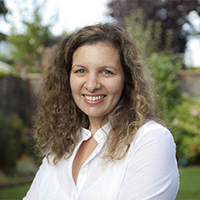
Lauren Kramer
Vancouver-based correspondent Lauren Kramer has written about the seafood industry for the past 15 years.
Related Posts
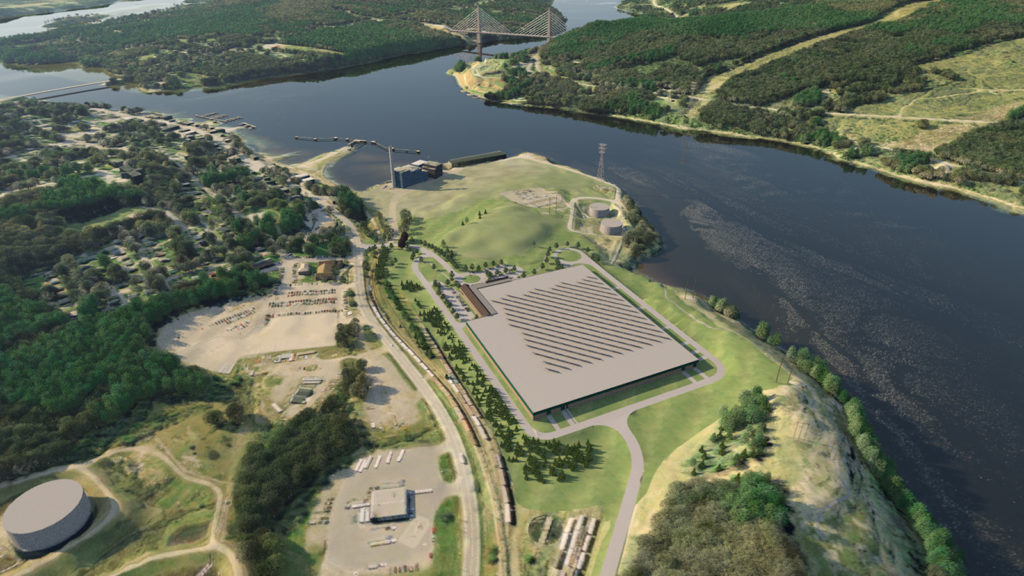
Intelligence
Location matters most for newest Maine RAS venture
A leader at one of the new Maine RAS ventures talks ambitions for his group and the growing land-based aquaculture industry, with his home state at the epicenter of North American operations.
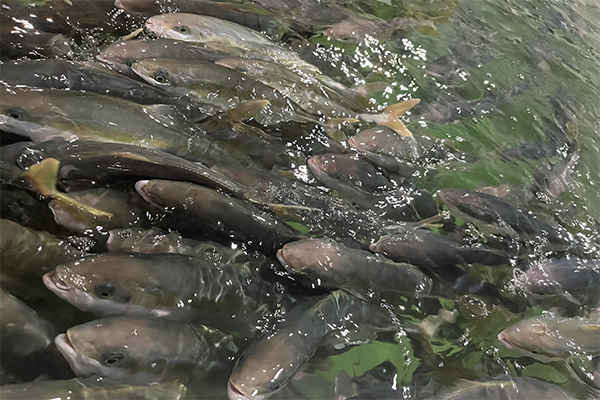
Intelligence
Kingfish Company gets final OK from Maine town for RAS farm
Jonesport, Maine, approved a building permit application for The Kingfish Company's planned land-based aquaculture facility for yellowtail.
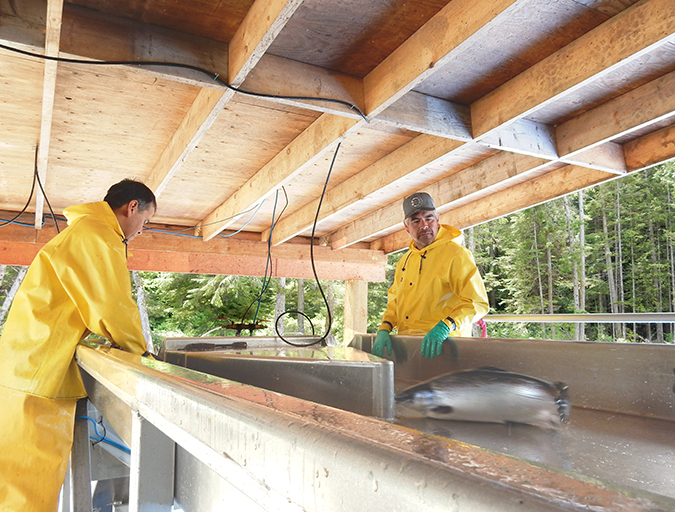
Innovation & Investment
Competitiveness comes at scale for RAS operations
Total RAS salmon production worldwide is less than half of 1 percent of total production. Many of the investors flocking to the sector now are new to fish farming, and confident in its potential.
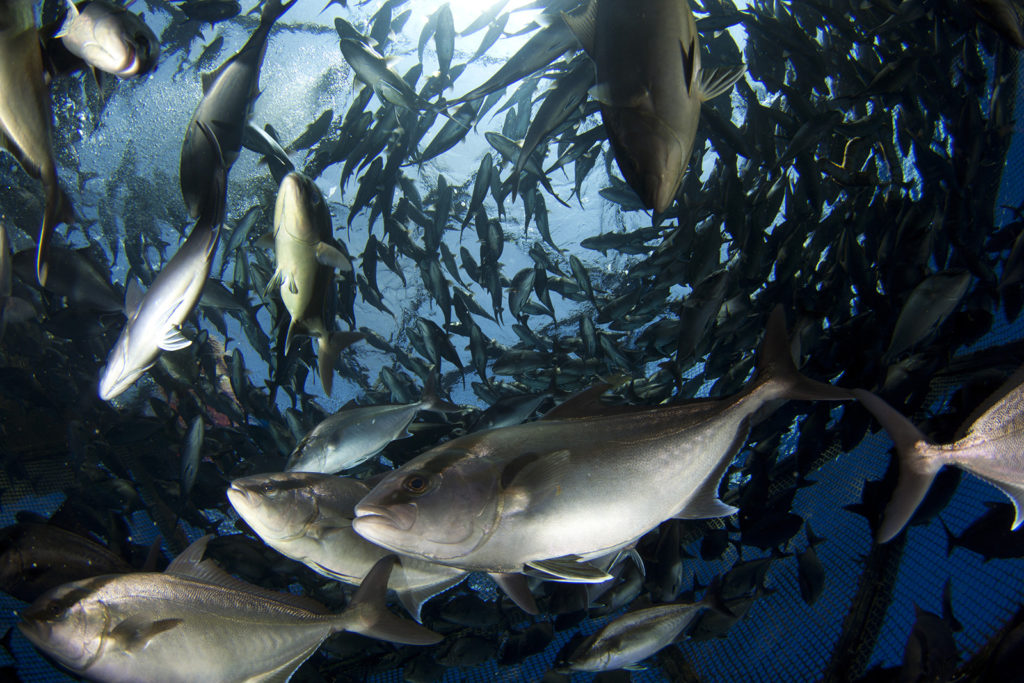
Intelligence
The keys to making land-based and offshore aquaculture work? Scale, scale, scale
GOAL delegates heard that the biggest opportunity for land-based and offshore aquaculture is to scale production and increase seafood supplies.


